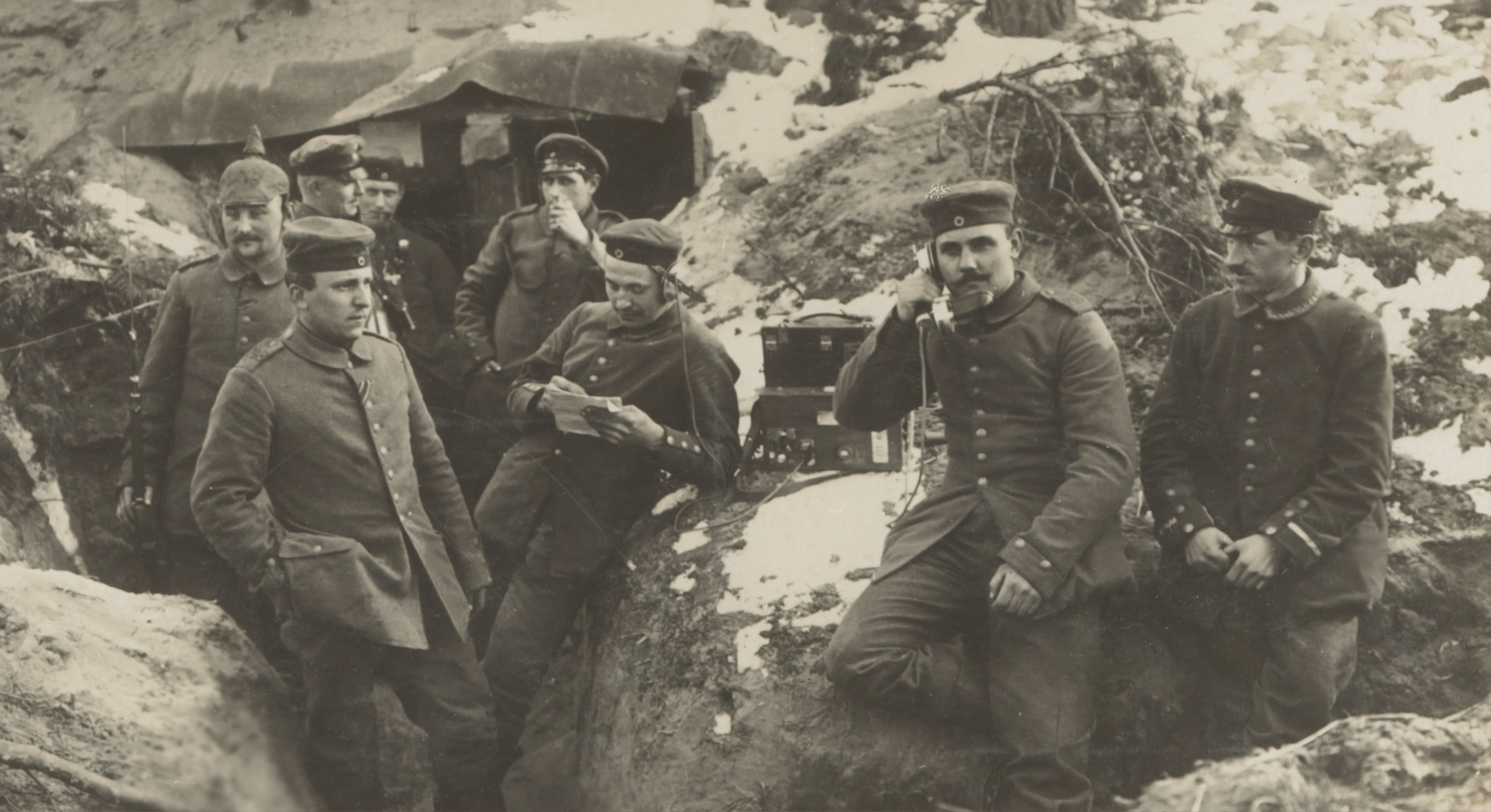In his distress, [Manasseh] sought the favor of the Lord his God and humbled himself greatly before the God of his fathers. And when he prayed to Him, the Lord was moved by his entreaty and listened to his plea; so He brought him back to Jerusalem and to his kingdom. Then Manasseh knew that the Lord is God. – 2 Chronicles 33:12-13

In times of great distress and suffering, it is not uncommon for people who have led wicked and rebellious lives suddenly to humble themselves before God and beg for forgiveness. This has led to the somewhat cynical statement, “There are no atheists in foxholes.” What is it about the foxhole that compels unbelievers suddenly to consider the claims of God on their lives? Perhaps it is that the illusion of self-sufficiency and personal power has been so completely removed that one feels at last what has always been true: we are totally dependent upon a holy and all-powerful God for every breath we take, and our sins have alienated that God from us.
Manasseh was the worst king Judah ever had. He followed a godly father Hezekiah, and preceded a godly son Josiah. Yet at a time when Judah most needed godly leadership, he lived in utterly pagan ways and provoked the God of Heaven more than any king that had led Judah up to that time. He reigned longer than any other king in Judah, a total of fifty-five years, and he personally led the people into idolatrous worship of Baal, Asherah, and the stars of the night sky. He personally consulted mediums and spiritists, and worst of all, he sacrificed his own son in the fire to the Ammonite god Molech. This son was a descendent of David and could have been an ancestor to the Messiah, but Manasseh killed him.
Godly people who protested were killed brutally, for Manasseh shed much innocent blood in Jerusalem (2 Kings 21:16). Tradition states that Isaiah was among those slain by this tyrant, having been put into a hollow log and sawn in two while still living. The king even put a repulsive idol in the Temple itself to be the center of worship for the people! Manasseh’s evil was so bad that God blamed him directly for the judgment that fell on Judah fifty-five years later when the Babylonians finally conquered Jerusalem (2 Kings 24:3). Through prophets, God appealed over and over to Manasseh to change his ways, but he refused. He did not humble himself, but only did more and more evil.
At last it was time for judgment. God sent the Assyrian army to Jerusalem, and they captured Manasseh. They put a hook in his nose, bound him with bronze shackles, and led him to Babylon. At last, the time had come for his humbling, and Manasseh did not waste the opportunity. Lest you think little of foxhole conversions, understand that the God of Heaven searches hearts and minds and knows real repentance from counterfeit. And not everyone who goes through extreme judgments from the Lord repents; witness the rebellion during the seven trumpet tribulations recorded in Revelation: “The rest of mankind that were not killed by these plagues still did not repent of the work of their hands; they did not stop worshipping demons, and idols…” (Rev. 9:20). But Manasseh humbled himself greatly, sought the Lord, begged forgiveness, and God heard him. Manasseh was restored to his throne and his kingdom.
“Lest you think little of foxhole conversions, understand that the God of Heaven searches hearts and minds and knows real repentance from counterfeit.”
Manasseh may be one of the clearest examples of the truth of Romans 4:5, “However, to the man who does not work but trusts God who justifies the wicked, his faith is credited to him as righteousness.” Manasseh had no works to commend him to God, only a deep sense of his personal sinfulness and of God’s power to forgive. Genuine repentance is a gift from God, as is saving faith. The cynics mock a conversion on a death bed, but God shows us His grace thereby. We are all, everyone of us, in need of the kind of searching repentance and broken-hearted faith that restored Manasseh. Manasseh’s story teaches us much about the grace of God, for no life, no matter how wretched and wicked, is beyond the reach of Christ’s cleansing blood. Repentance and faith are always required for that cleansing power, and how amazing is it when God grants those to such sinners like Manasseh and us! Perhaps, dear reader, you feel that your sins are so bad that God could never forgive you. Read 2 Chronicles 33, and you will see this truth: “Where sin abounds, grace abounds all the more” (Rom. 5:20).




